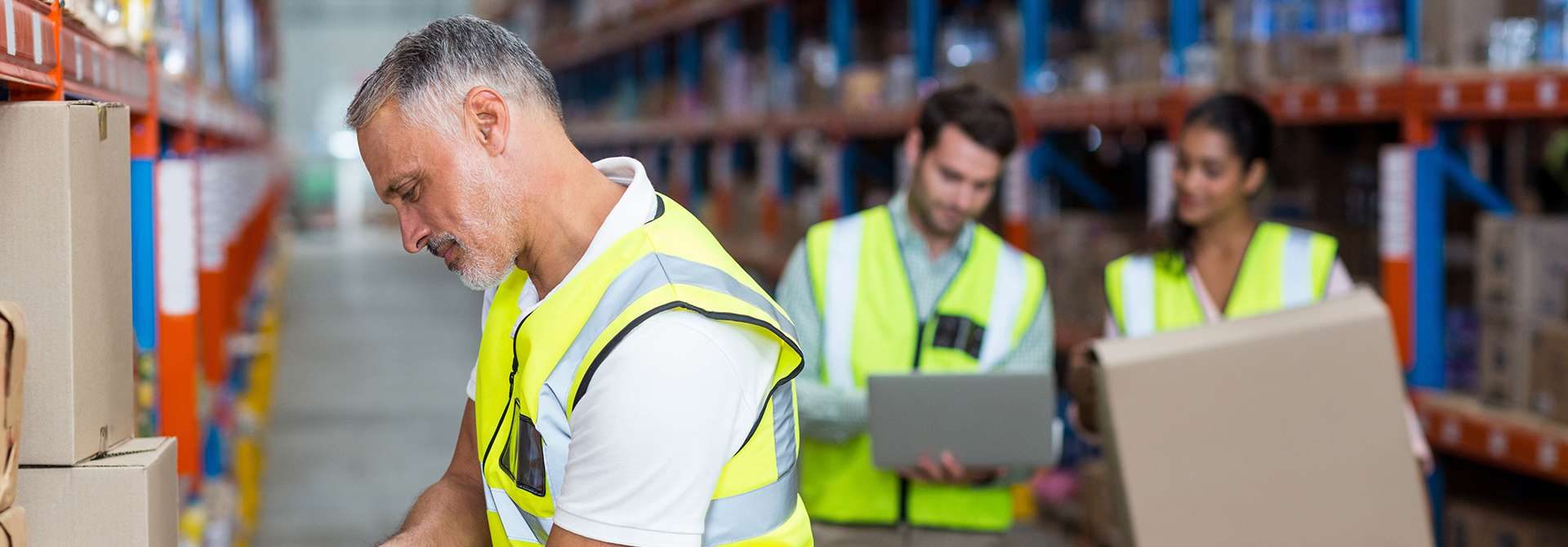The COVID-19 pandemic brought unexpected stresses on our food production systems, causing tremendous challenges throughout the industry. Food systems faced enormous disruption, including social distancing, travel bans, border closures, restricted transport channels, and a large part of the foodservice industry temporarily shut down. Food supply chains must become more resilient. Chains must be agile and flexible to cope with supply and demand problems. New technology and data platforms can help prevent future food industry disruption.
Shortcomings of the Food Chain
Anxiety and confusion about our food system’s interruptions were the norms at the beginning of the pandemic. The result is people beginning to question how our food system works and how we access food. How do we avoid another disruption in the food supply? The COVID-19 pandemic is revealing the weaknesses in our food supply system. Our supply chains are consolidated and siloed, and they break at the slightest pressure leading to food loss. Following are possible solutions for trouble in the food supply chain and how we might avoid another disruption.
Traceability With Blockchain
Traceability is the capacity to track food products throughout all stages of the food supply chain. The widespread belief is to increase supplier communications’ strength and security to ensure food safety and traceability. Maximizing efficiency is particularly vital with transport delays and contamination tracing.
A promising technology for enabling traceability is blockchain. Blockchain, a digital platform that allows users to store and share information across a network, can give producers, suppliers, distributors, retailers, and consumers access to information regarding every product and ingredient’s origin and state. This technology is not yet widely used across the food industry, but it can grow due to increasingly complicated supply chains.
Tracking and Storing Perishable Products
Finding warehouse storage space for food products became a tremendous challenge amid the COVID-19 pandemic. Avoiding future bottlenecks will require creative storage options. These options may include compact vertical warehouses closer to cities to help cope with the increased demand for online food deliveries.
The tracking of perishable food products is vital to prevent whole shipments from going to waste. Sensor technology can help avoid food waste, as can smart food packaging that monitors food conditions. These solutions can be highly effective in any crisis that affects food supply chains.
Online Sales
The physical distancing restrictions moved livestock sales online through apps that connect farmers directly to buyers. Auctions via video stream negate the need for trucking animals to the sale yards. This selling method is better for animal welfare, but these online sales may eventually replace traditional livestock auctions. Farmers are also turning to tech-based solutions due to the pandemic. The result of this e-commerce may be shorter food chains post-COVID.
Partner With a Top Staffing Agency in Baltimore
Are you looking for distribution staffing? SI Staffing is a top staffing agency in Baltimore that focuses on understanding your unique staffing needs. Let the professionals at SI Staffing help your organization.


